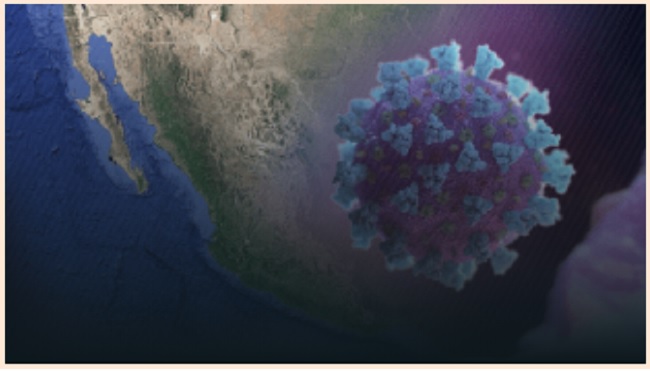In the past 6 months countries have been forever changed as a global pandemic has shut down parts of the economy, and offices have migrated to the living rooms and second bedrooms; less travel and human presence has allowed the natural world to re-emerge and oceanic and some other wildlife to benefit. During the shutdown, many assumed that “nature is healing,” which may not be the case; instead, it may be nature teaching humankind something of a lesson on the environment.
In the early months of the pandemic, some economies shut down almost 80%, businesses closed or moved virtual, fewer people were commuting to and from, and travel all but ceased, grounding flights and limiting trains. It was estimated that global greenhouse gas fell between 10 and 30 percent, while others say that emissions fell to pre-World War II levels. This reduction in air pollution has substantial benefits: roughly 4.2 million human deaths are linked to poor air quality exposure and contributes to a rapidly increasing global temperature.
Wildlife has also seen short-term changes during the COVID-19 shutdown; deer can be seen grazing more frequently, the number of animals killed on the road is significantly reduced, and certain species are on an unprecedented upswing. Bees have thrived due to reduction in air pollution, which hinders their ability to smell flowers, while Llandudno, Wales was visited by a herd of curious goats, exploring the lack of humans.
Oceanic species may be seeing the greatest benefit: two species, leatherback turtles and humpback whales are seeing a positive change to their way of life. In Florida and Thailand, baby leatherback turtles have been spotted in abundance for the first time in 5 years. Leatherback turtles are the largest turtles known, and babies have a high mortality rate, but as beaches have shut down, they have seen less traffic, resulting in cleaner shores and providing a chance for these giant turtles to live without disturbance and increase their species’ population.
A reduction in the travel and shipping industries has given humpback whales a chance to reduce stress hormone levels, similar to 2001 after 9/11. These whales have been detrimentally affected by climate change; the population steadily decreasing since 2013, other than a brief increase in 2019. The pandemic quieted the deep seas, allowing whales to outstretch and communicate with each other with increased frequency and distance, according to Christine Gabriele of Glacier Bay National Park in Alaska.
Environmentalists and scientists around the world agree that the pandemic has benefitted the entire planet both directly and indirectly, but these immediate positive changes are likely temporary. Climate change scientists point out that this pause in the world could lead to even further atmospheric damage: countries have begun to re-open and industries are attempting to get back on track, working overtime and potentially doubling emissions put into the atmosphere. At the same time, shipping has resumed and the “anthropause” is slowly coming to an end as humans are returning to their regular routines. Eventually, the world will once again hear fewer birds singing due to noise pollution and according to multiple studies, the environment around us will see more human waste with less recycling efforts creating more plastic effluence.
This unfortunate reality paints a “doom and gloom” image of an inevitable, human-caused erosion of the planet, but should be open to individual perspective. Instead of dreading irreversibility, the pandemic lockdown could be used as a learning moment for humans. A reduction in human interference has shown that even our industrialized world can live in harmony with wildlife; auto and flight emissions can be replaced with electric alternatives or non-fossil fuel travel, such as walking and biking. Sustainability is still a growing area of the corporate world, but increasing these efforts show some healthy outcomes for the natural environment. Many smaller companies, such as United by Blue, have modeled how profits can be used to benefit the greater world, and shown that it is possible to sustainably run a business.
It is already well-known that human behavior is greatly contributing to climate change, but environmentally speaking, the pandemic has hopefully given the world a much-needed lesson: a functioning world that equally benefits humans and nature is possible. Instead of going back to business as usual, the world has now seen and can capitalize on necessary changes to sustain the entire planet, and help it thrive.
For Times Media Mexico
Dylan Volpintesta in Philadelphia


